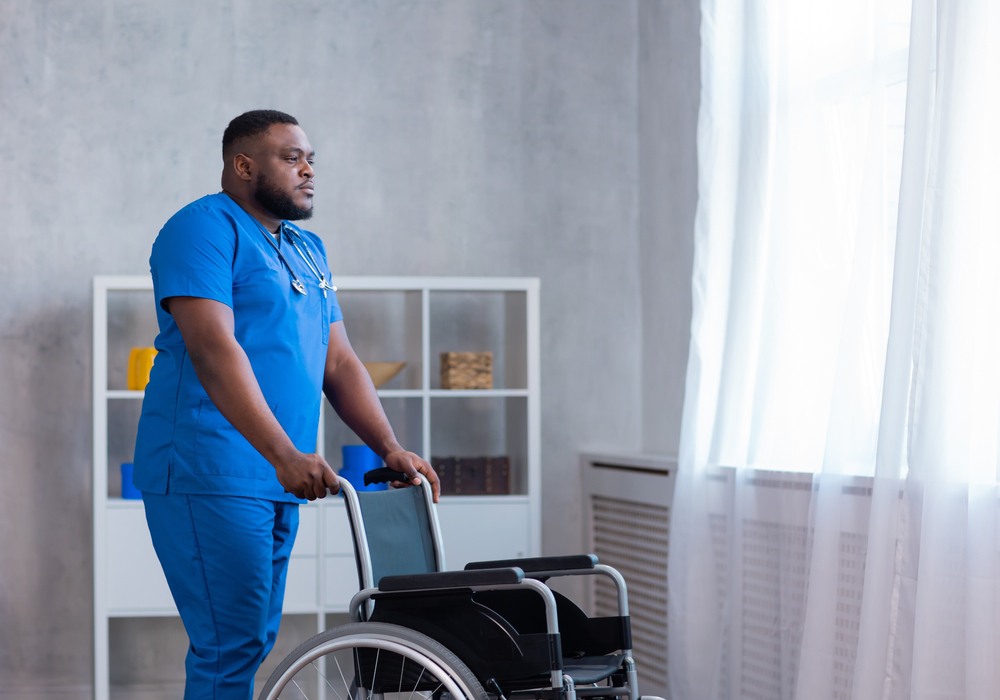
By WebMD
Get organized
Keep track of important information in a care log.
Identify your informal network
Ask for help from people in the older person’s community, such as relatives, neighbors, longtime family friends, and members of religious, civic, and social organizations. Ask them to call you if they spot a problem.
Investigate travel alternatives
Be prepared to “care commute.” Investigate travel options in advance. Keep your car in good repair, and check on the route and weather before traveling.
If you rent a car, look for the best rates. Don’t pay for insurance if you already carry full coverage or your credit card company offers coverage. You may get a discount when buying bus or train tickets if you disclose that it’s an emergency. Purchase airline tickets seven days in advance and stay over a Saturday night.
Discuss legal and financial issues
These topics may be difficult to talk about, but they help ensure that the older person maintains decision-making authority even when incapacitated. Preplanning will also lessen family disagreements and protect family resources.
- Will: The older person decides how to dispose of assets after death.
- Power of attorney: Gives a caregiver the authority to act on behalf of the older person.
- Trust: Estate-planning document that allows the older person to transfer assets and avoid probate and other legal problems.
- Joint ownership: Makes it easier to gain access to older person’s finances.
- Representative payee: A caregiver receives government checks for an older person unable to manage money.
- Medigap insurance: Pays a portion of medical bills not covered by Medicare.
Take care of necessary paperwork
Find all legal, financial, and insurance documents, including birth certificates, social security cards, marriage or divorce decrees, wills, and power of attorney. Identify bank accounts, titles, sources of income and obligations, and auto, life, homeowner’s, and medical insurance papers. Review these documents for accuracy and update them if necessary. Store documents in a secure place such as a safe-deposit box or a fireproof box. Be safe — make duplicate copies.
Tap into the aging network
Contact the local department on aging in your relative’s community. This agency can help you identify helpful services. Use the National Eldercare Locator Service to find local aging agencies.
Develop a plan of care
If possible, bring the family together for a meeting. Decide with the older person what the primary needs are, who can provide assistance and what community resources would help. Summarize your agreement in writing. Keep in mind that family difficulties are typical. You may need to bring in a family therapist or social worker to help.
Adjust your plan of care when necessary
Be aware that your care plan may need to be altered. The older person’s needs may change, and helpers will come and go. Use your care log to deal with changes.
Explore relocation issues
Primary questions are when, who, and where.
When: Relocation is appropriate when a health professional recommends a change, the older person needs 24-hour care, their safety is at risk, or the home does not meet fire or safety standards. Other reasons may be less obvious. Remember, the older person may be willing to bear a little inconvenience to remain in their home.
Who: Should you or the older person relocate? Examine the financial and emotional costs.
Where: There are many options for senior housing. Contact your local department of aging for assistance.
Take care of yourself
Maintain good health, make time for yourself, set limits, and allow others to help.

